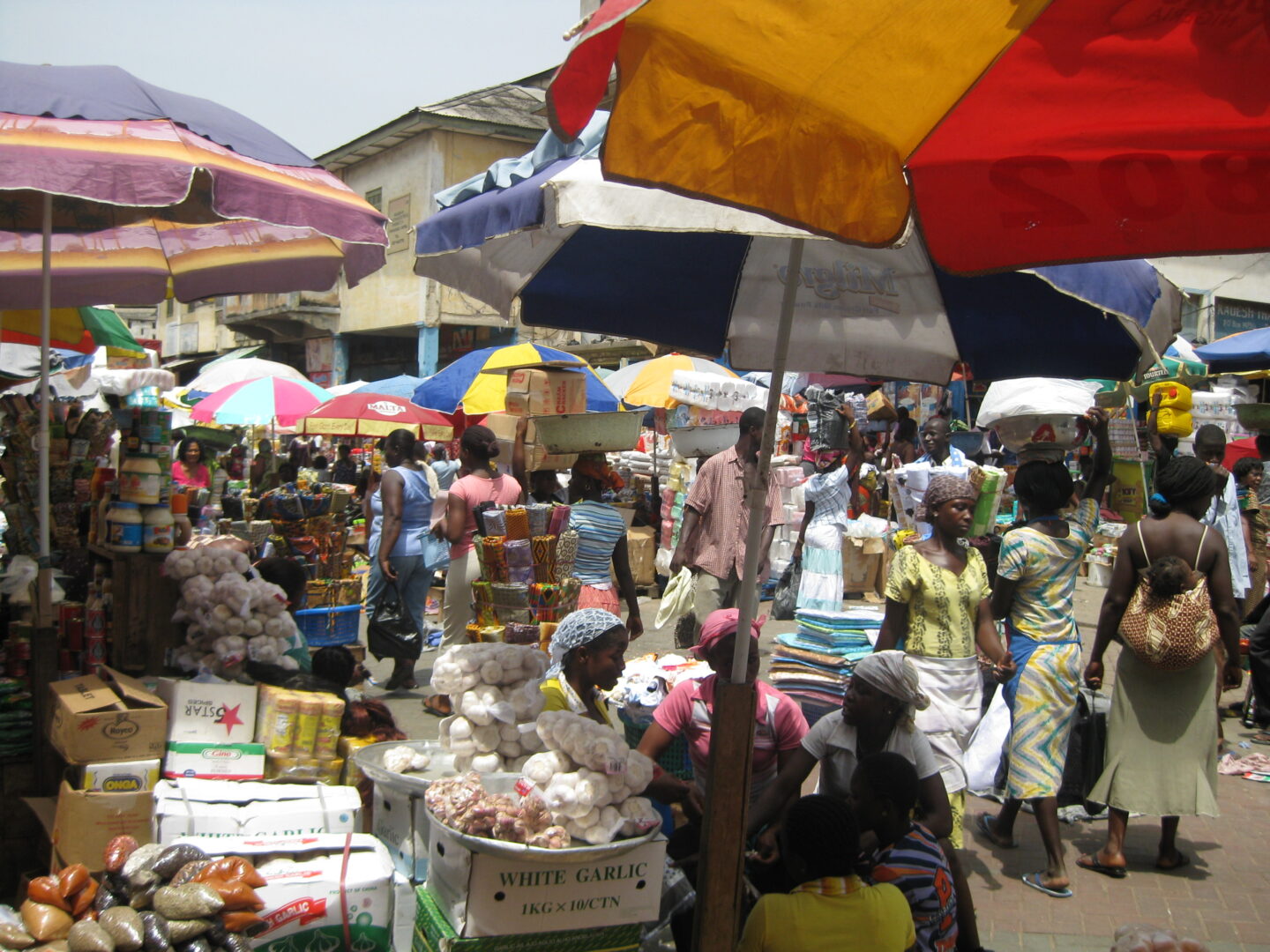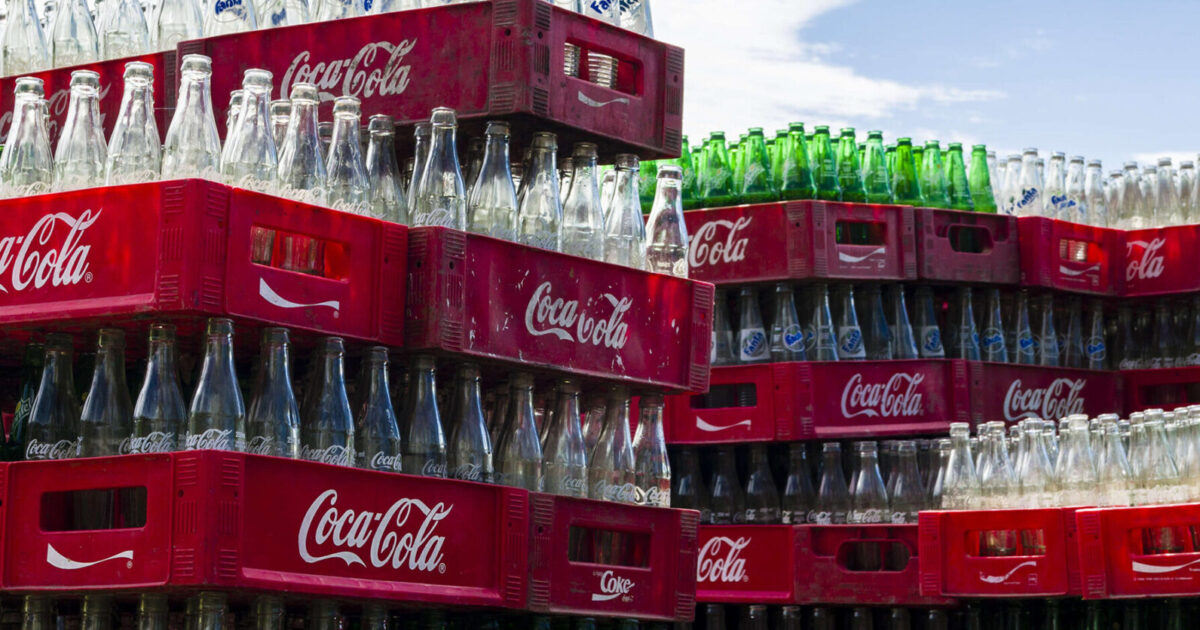A second excuse is corruption. Corruption is regrettable, but it is perfectly possible to run a highly profitable business while steering clear of it. And note that in Transparency International’s Global Corruption Index, 14 African countries rank better than India, for example.
A third reason for reluctance is poverty. I hear, “poor people cannot afford our products.” This excuse doesn’t hold water, especially with respect to consumer products. The real challenge is to adapt your business model after gaining a deep understanding of the local business realities.
The crucial role of distribution: getting the logistics, costs and timing right
At the local level, for goods, distribution is the key to success. Without efficient distribution, you can have the best products and still not be successful. To see successs in distribution, look to Coca-Cola, which is available anywhere, even in times of war. Many other consumer-goods companies have attempted to copy Coke’s distribution system, but with limited success.
An example will illustrate the challenge. In Europe, consumer goods are mainly sold in convenience stores and supermarket chains, known as the “modern trade.” Key accounts, long-term contracts and deliveries in truckloads amount to a very comfortable way of doing business. But in Africa, the “general trade” accounts for 70% of the market. That includes a highly fragmented mix of many small kiosks and stalls. For example, in Kenya, with a population of 55 million people, there are an estimated 200,000 entities in the general trade.
Delivering at the right cost can be a logistical nightmare with infrastructure challenges. And if you miss a delivery, your product may be replaced, almost instantly, by another that may be a competitor’s or even a counterfeit. Small retailers are reputed to be pure profit maximizers with little concern for loyalty. To escalate the challenge, cash is in short supply, and consumer goods have different cycles within a day. If your delivery misses its 30-minute window, your retailer may not have cash, presenting you with the interesting dilemma of either extending credit (and later collecting money, when it is available) or turning down the business. This may sound chaotic, but it is predictable. It goes to show the degree of local market understanding necessary to be successful.

Audio available






